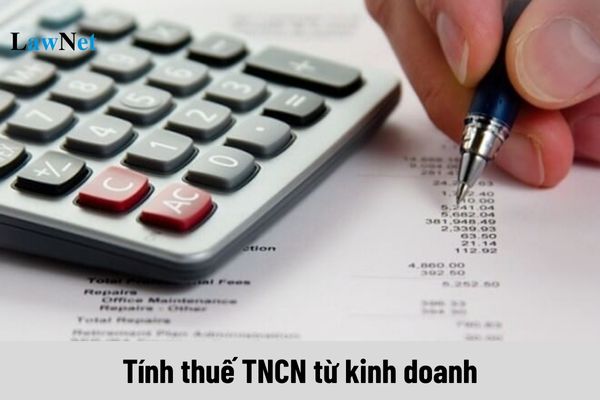What are the regulations on calculating PIT on income from business for non-residents in Vietnam?
Who is considered a non-resident in Vietnam?
Pursuant to the provisions of Clause 2, Article 1 of Circular 111/2013/TT-BTC, a non-resident is a person who fails to meet any of the conditions specified in Clause 1, Article 1 of Circular 111/2013/TT-BTC.
To be specific, a non-resident does not meet the following conditions:
- He/she has been present in Vietnam for at least 183 days in a calendar year or for 12 consecutive months from the first day of his/her presence in Vietnam (the date of arrival and date of departure are considered 01 day).
++ The date of arrival and date of departure depends on the certification of the immigration agency on the passport (or laissez-passers) when that person enters and leaves Vietnam.
++ If the person enters and leaves Vietnam within one day, it will be considered a day of residence.
- He/she has a regular residence in Vietnam in one of the following cases:
+ He/she has a regular residence according to regulations of law on residence:
++ For Vietnamese citizens: a place where that person regularly, stably and indefinitely lives and has been registered as a permanent residence as prescribed by regulations of law on residence.
++ For foreigners: the permanent residence written in the permanent residence card or the temporary residence when applying for the temporary residence card issued by a competent authority affiliated to the Ministry of Public Security.
+ He/she rents a house in Vietnam according to regulations of law on housing under a contract that has a term of at least 183 days in the tax year. To be specific:
++ Person who has no regular residence defined in Point b.1 Clause 1 of this Article will be considered a resident if he/she has a total house lease period of at least 183 days in the tax year under various lease contracts, even if a he/she rents houses in different locations.
++ The rented houses can be hotels, guesthouses, motels, offices, etc. whether they are rented by the person or their employer.

What are the regulations on calculating PIT on income from business for non-residents in Vietnam? (Image from the Internet)
What are the regulations on calculating PIT on income from business for non-residents in Vietnam?
According to the provisions of Article 17 of Circular 111/2013/TT-BTC, the calculation of PIT on income from business for non-residents in Vietnam is as follows:
The rate of personal income tax on incomes from business earned by a non-resident equals the revenue from business multiplied by (x) the tax rate.
- Revenue:
The revenue from business earned by a non-resident is determined similarly to the revenue used to calculate tax on incomes earned by a president from business guided in Clause 1 Article 8 of Circular 111/2013/TT-BTC.
- Tax rate
The rates of personal income tax on incomes from business earned by non-residents in each field and industry:
+ 1% for goods sale.
+ 5% for service provision.
+ 2% for production, construction, construction, and other businesses.
Where the non-resident earns revenues from various fields but fails to separate the revenue from each field, the highest tax rate shall apply to the total revenue.
What is the PIT period for non-residents in Vietnam?
According to Clause 2, Article 7 of the Personal Income Tax Law 2007:
Tax period
1. For residents, tax period is specified as follows:
a/ Annual tax period, which is applicable to incomes from business, salaries and wages.
b/ Tax period upon each time of income generation, which is applicable to incomes from capital investment; incomes from capital transfer, except for incomes from securities transfer; incomes from real estate transfer; incomes from prizes; incomes from copyright; incomes from commercial franchising; incomes from inheritances; and gifts.
c/ Tax period upon each transfer or annual tax period, which is applicable to securities transfer. Individuals who apply the annual tax period shall register with tax offices at the beginning of the year.
2. For non-residents, the tax period counted upon each time of income generation is applicable to all their taxable incomes.
Thus, the PIT period counted upon each time of income generation applies to all taxable incomes of non-residents in Vietnam.

